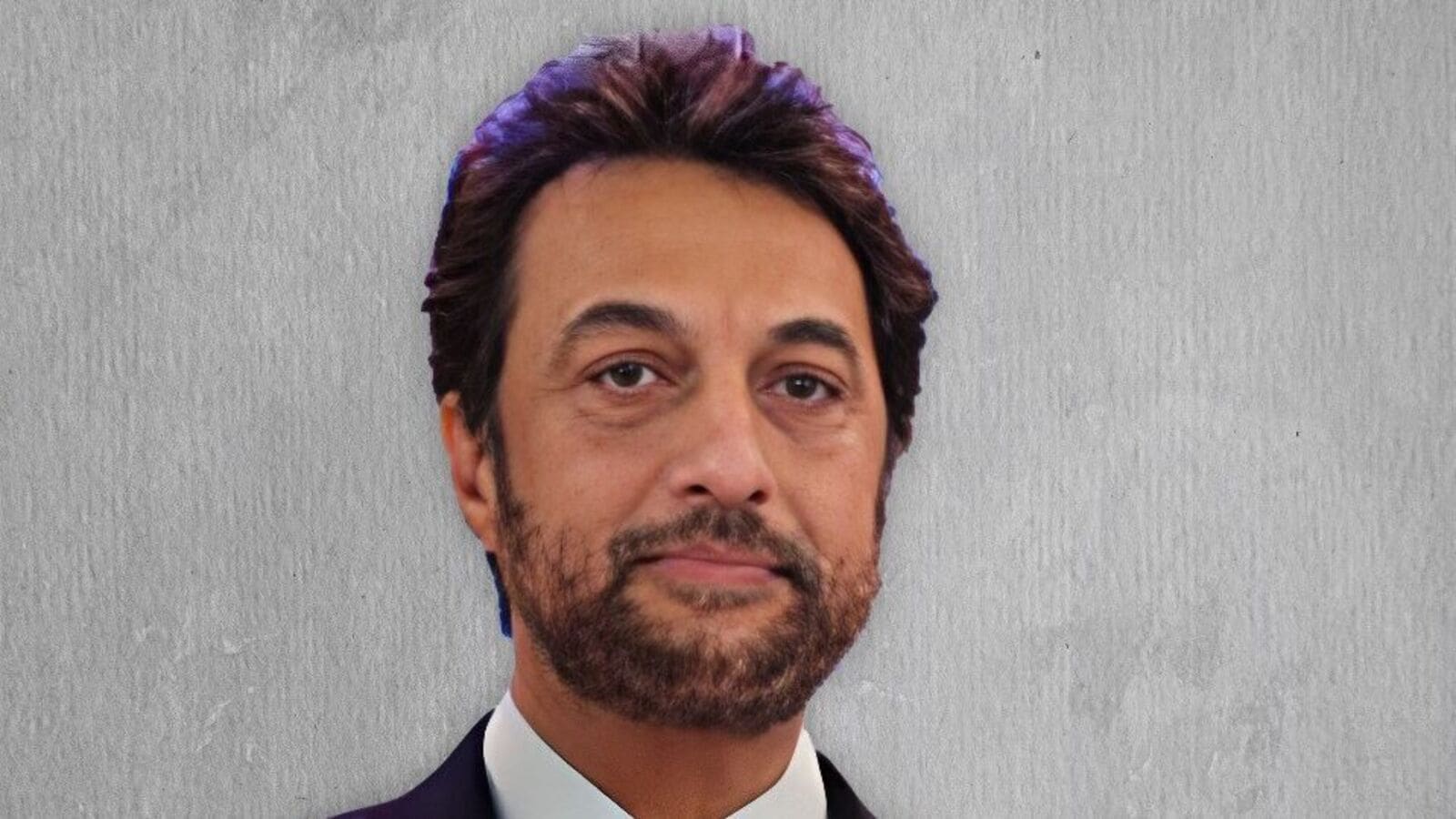The Indian stock market delivered an impressive performance last Samvat, with the benchmark Nifty 50 rising almost 25 percent. However, according to Shankar Sharma, top investor and founder of GQuant, an AI tech company, Samvat 2081 could be challenging and a year of moderate to negligible returns.
“India’s performance over the past year has been exceptional to say the least and, frankly, slightly above my expectations. I think the year ahead will be much more challenging than investors are willing to accept,” Sharma said.
Sharma indicates that the end of the bull market could be near. He pointed out that the Indian stock market has been on a solid upward trend for the past four years, and bull markets typically lose momentum between five and six years.
“We’ve had four great bull market years, and normally bull markets disappear between five and six years. That doesn’t necessarily mean a bear market. All it can mean is a year of moderate to negligible returns,” he said.
Views on the Indian market
Sharma underlined the tense valuation of the market. He emphasized that while the Indian market’s valuations have always been much higher compared to most emerging markets, one needs to be cautious about the outrageously valued markets.
At the moment, Sharma is positive about the Chinese market.
“China is one such market because it has been underperforming for a long time. I think the country is at an inflection point and returns from China could far outpace returns from India in the coming years.” he said.
He believes investors should be cautious due to weak corporate earnings and moderating economic growth.
“We need to be cautious about GDP growth rates because I believe we are in for a moderation in GDP growth rates as public investment slows,” he said.
Investment strategy
Sharma said his investment style bets on 25 to 50 small and very small market cap companies and he is not interested in large cap stocks as they have little room for growth.
“For me, the large-cap segment is absolutely not interesting, because these are companies that have already grown extremely large relative to the size of the economy, and the space available for major growth is extremely limited. They are small caps and even smaller caps. and I am willing to take the risk and significant losses associated with small cap investing,” Sharma said.
“The M investment strategy remains unchanged over the next twelve months, which is to buy a basket of 25 to 50 small and very small market capitalization companies. I do know that even in the worst markets, I have at least five stocks that deliver huge returns and will more than make up for the losses I make on the bad stocks,” said Sharma.
Read Shankar Sharma’s full interview here
Disclaimer: The above views and recommendations are those of individual analysts, experts and brokerage firms, not of Mint. We advise investors to consult certified experts before making investment decisions.
View all business news, market news, breaking news events and breaking news updates on Live Mint. Download the Mint News app to receive daily market updates.
MoreFewer











